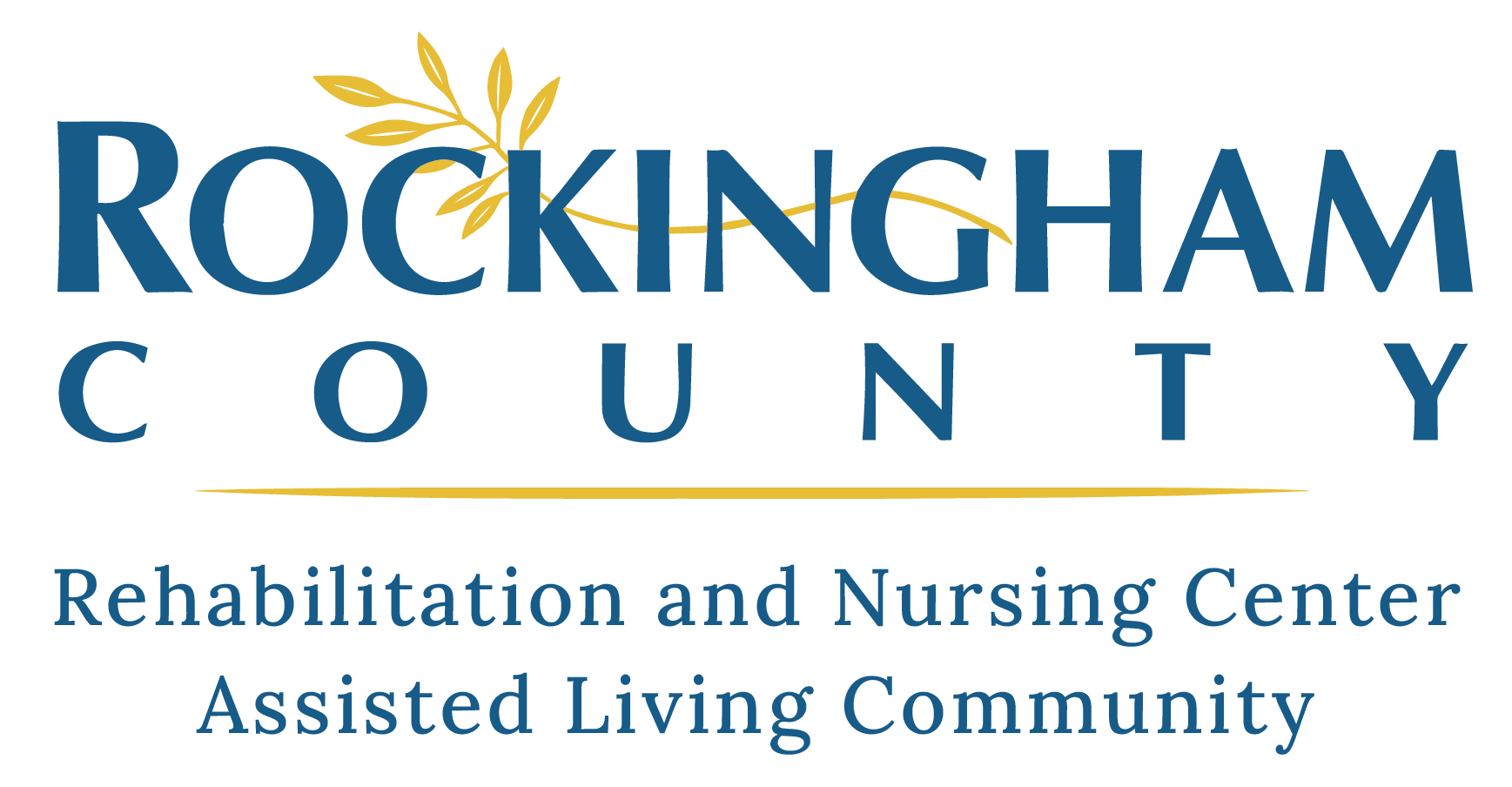When you walk into any healthcare setting you’ll be sure to see a number of different people caring for patients: doctors, nurses, orderlies, and dieticians just to name a few. One the most important staff members in any healthcare organization are the LNAs. These are the people responsible for assisting patients with the activities of their daily lives; they provide support to the organization, and are fundamental to a facility’s success.
Whether you’re just starting out your career or looking to get your foot in the door in the healthcare industry, becoming an LNA is an exciting first step in a rewarding career path.
What is an LNA?
Sometimes called Certified Nursing Assistants (CNAs), Licensed Nursing Assistants (LNAs) support registered nurses (RNs) and licensed practical nurses (LPNs) in performing tasks to assist with patient care. LNAs interact directly with patients and are an integral part of the patient experience. LNAs receive their license by completing an educational program and supervised clinical work. They are then placed on a state registry and are able to start providing care.
LNAs can work at hospitals, nursing centers, assisted living facilities, home health care providers, and more.
What are the Requirements to Become an LNA?
LNA roles are typically entry-level, but not everyone may be qualified. Different states require different prerequisites in order to become an LNA. Some of the requirements may include:
- High school diploma or GED
- Be of at least 18 years of age
- Communication skills
- Ability to lift 50 pounds
- Ability to pass a criminal background check
What are the Typical Duties of an LNA?
Every day is different in any healthcare organization since the needs of patients and staff are always changing. This keeps the job exciting and is great for people who hate to be bored at work. Some of the typical responsibilities for an LNA might include:
- Providing direct care to residents and assisting with activities of daily living (ADLs) including: bathing, dressing, grooming, eating and toileting
- Identifying special resident problems and changes in condition
- Participating in facility education programs
- Developing relationships with residents, family members, co-workers, and supervisors
- Reviewing and maintaining awareness of care plans
- Participating in and receiving reports
- Respecting residents rights and privacy
- Encouraging and assisting residents in participating in recreational activities.
7 Benefits of Becoming an LNA
LNAs play a vital role in any healthcare organization. Becoming an LNA is an invaluable experience that will help you grow personally and professionally. Here are just a few of the benefits you could gain by becoming an LNA:
- Job Security
- Career Opportunities
- Short Training Period
- Rewarding Work
- Connections and Exposure
- Travel Opportunities
- Flexible Schedule
1. Job Security
Especially during the COVID-19 pandemic, there has been an increased need for LNAs. According to the U.S. Bureau of Labor Statistics, about 192,800 openings for nursing assistants and orderlies are projected each year. This demand for LNAs translates into a historically strong job market, which means there’s never a shortage of job opportunities for LNAs.
2. Career Opportunities
A Nursing Assistant license is a valuable credential. If you are looking to pursue a lifelong career in healthcare becoming an LNA is a logical first step. This will give you valuable insights about the ins and outs of providing patient care. LNAs can go on to become LPNs, RNs, nursing home administrators, care managers, and more.
3. Short Training Period
Avoid costly student loan debt with the low financial cost and time investment of an LNA program. Typically, LNA programs are affordable and can be completed in a matter of weeks. There are even companies that will cover the costs of the program and certification. If you want to get started on your career path quickly without the burden of debt, becoming an LNA might be for you.
4. Rewarding Work
Working as an LNA you’ll have the opportunity to truly make a difference in peoples’ lives. LNAs work directly with patients and have an impact on the quality of care they receive. LNAs help residents and patients lead lives of enrichment they would not have otherwise been able to enjoy. It’s emotionally rewarding work that you will be proud of. The relationships that you build with patients and residents can last a lifetime.
5. Connections and Exposure
Since LNAs work directly under doctors, RNs, and LPNs, you will build meaningful connections to professionals in the healthcare industry. These people can become mentors, references, and even lifelong friends. You’ll also be exposed to a number of specialties and have the opportunity to work in different sectors. The hands-on experience you’ll have as an LNA will make you a more well-rounded healthcare professional in future positions.
6. Travel Opportunities
Contract positions are available at facilities in need across the nation. With the demand for LNAs there will always be a position waiting for you no matter where you wish to lay down your roots.
7. Flexible Schedules
Finding positions that offer work-life balance is becoming a top priority for job-seekers. Since most healthcare organizations operate 24/7, LNAs typically have a flexible schedule that allows them to work different shifts and days of the week. Whether you’re a morning person or night-owl, you’re sure to find a shift that works for you.
If you’re interested in learning more about pursuing a career as an LNA at Rockingham County Contact us today.


